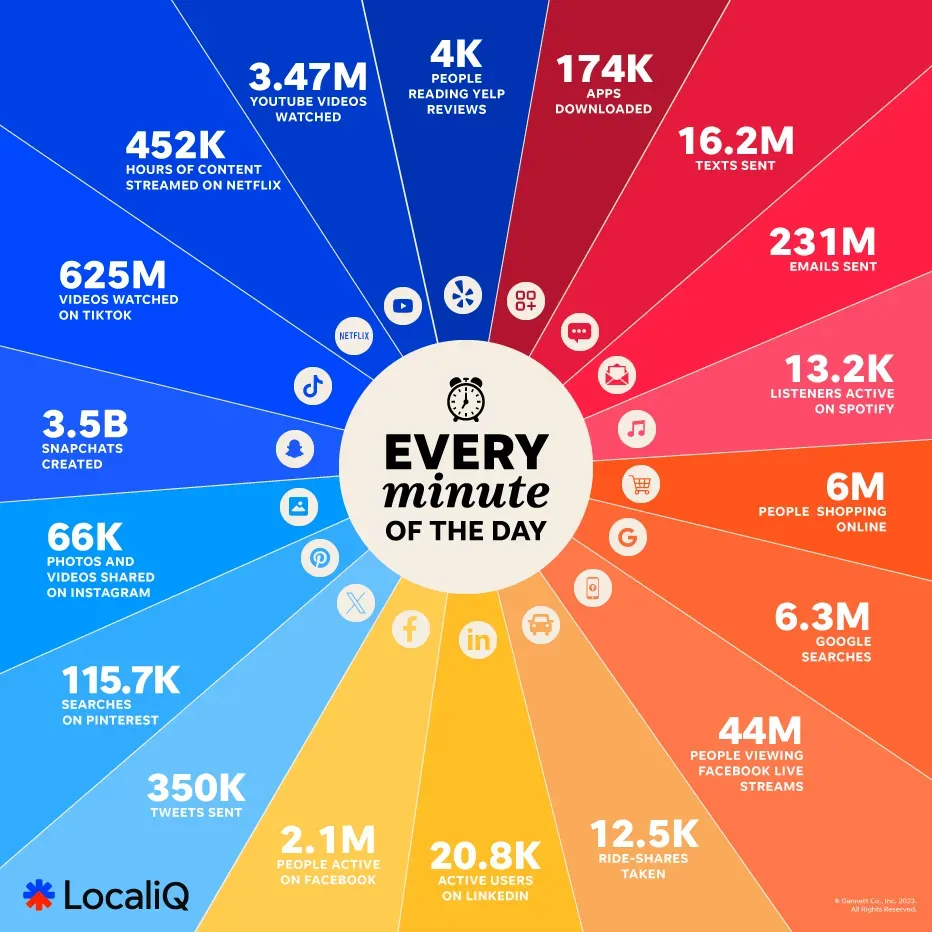Why Small Businesses Struggle With Marketing Strategy

Why So Many Small Businesses Struggle With Marketing Strategy
According to a recent report from Constant Contact, 73% of small businesses worldwide aren’t sure their current marketing strategy is working. The confidence gap is even greater among solopreneurs and small businesses under three years old.
That statistic is not surprising. And it is not your fault. Most small businesses don’t have a dedicated marketing team, much less a marketing expert on staff. Marketing often falls on the owner or someone juggling multiple roles. With little time and limited guidance, it is no wonder most marketing strategies feel unclear or ineffective.
The Real Problem Isn’t Your Business. It’s the Lack of a Simple Strategy
Many small businesses confuse marketing activity with strategy. You are posting on social media, running some ads, maybe sending an email newsletter. But without a clear plan that ties all of that back to your business goals, it feels random. And the results reflect that.
Marketing strategy for small business doesn’t need to be complicated. In fact, the simpler and more focused it is, the more effective it becomes.
Why New and Small Businesses Lack Marketing Confidence
Confidence levels are lowest among solopreneurs and newer small businesses. Here is why:
- No clear definition of who the customer is
- No content or message strategy to speak directly to that audience
- Inconsistent efforts and a lack of measurable goals
- Trying too many tactics without a unifying strategy
- Comparing themselves to larger, better-funded competitors
Without guidance and structure, most business owners rely on trial and error. That is exhausting, expensive, and rarely leads to consistent results.
What a Good Marketing Strategy for Small Business Looks Like
You do not need to be everywhere or do everything. You just need a clear, consistent plan. One proven way to build that kind of plan is by using the Marketing Compass, a simple framework we created to help businesses develop strategies they can actually follow and implement.
A solid marketing strategy for small business should answer these questions:
- Who is our ideal customer?
- What problem do they have?
- How does our product or service solve that problem?
- Where do those customers spend time?
- What type of content or messaging will connect with them?
- How can we show up consistently in those places?
When you build a strategy around these questions, you create clarity. And clarity builds confidence.
You Don’t Need a Big Team to Succeed
Confidence in your marketing comes from alignment, not headcount. Plenty of solo business owners and small teams grow quickly with the right strategy in place.
They are not winging it. They are following a plan that fits their business, audience, and capacity.
If you are one of the 73% who are unsure whether your marketing strategy is working, you are not alone. But you do not have to stay stuck.
A clear and focused marketing strategy for small business will help you:
- Stop guessing at what to post or promote
- Make better use of your time and budget
- Build real momentum over time
- Gain confidence in your marketing decisions
Final Thought: Start Simple and Stick With It
Confidence does not come from complexity. It comes from clarity and consistency. If your marketing strategy feels scattered or uncertain, it is time to simplify.
Start with the basics. Focus on your customer, your message, and where you show up. Then build from there.
If you need help developing a strategy that actually works, schedule a free discovery meeting with our team (book a call here).
Round 2 It Marketing


